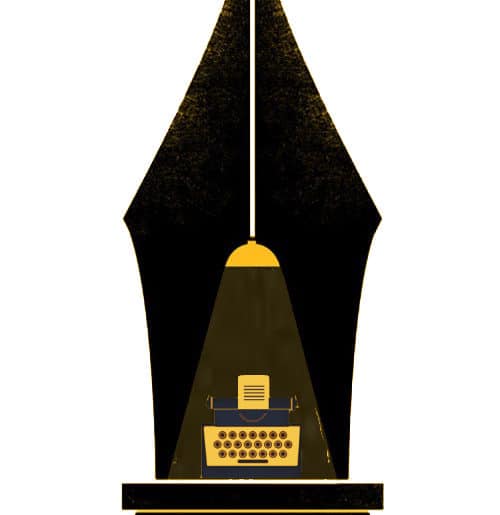Odd semesters usually start with a burst of energy, (which is visible in the first week only) and give hope to many as a means to seek redemption for the erroneous mistakes committed in the past year. The fest scene is definitely lackluster in the Delhi circuit when compared to the even semester; there are, nevertheless, many moments to compensate for that. We take you through a recap of the semester gone by and dive head-first into the highlights that make the odd semesters so endearing and special.
1. The Admissions Hullabaloo: Clueless freshers and even more clueless professors regarding the syllabus, the first month is a spectacle to cherish — seniors reminisce their college life, and juniors eagerly look forward to interviews and freshers’ parties and competitions. This phase lasts roughly until the end of August and is followed by the reality of elections dawning upon us.
2. The Elections Turmoil: After many days of throwing pamphlets in the air and shouting out manifestos, the entire process of campaigning boils down to one day, the day of elections. Many controversies marked this election season eventful — from AISA’s panel yelling ‘Go back ABVP’ in Miranda House to Rocky Tuseed being barred (the ban was later removed), from contesting for elections, two days before the election day. This year, elections were conducted on the 11th of September and saw an increase in the voter turnout. Rocky Tuseed and Kunal Sehrawat from NSUI won the positions of DUSU President and Vice President respectively, while Mahamedhaa Nagar and Uma Shankar from ABVP won the positions of DUSU Secretary and Joint Secretary, respectively.
3. Outstation fests, Part 1: Antaragini, IIT Kanpur, cultural extravaganza was a 4-day affair from 26th to 29th October, that had a cumulation of the best talents across India. The audience grooved to the tunes of famous artists like Euphoria, the famous duo Vishal-Shekhar, and KSHMR along with other DJs.
4. Outstation fests, Part 2: Oasis, BITS Pilani was a 4-day fest from 30th October to 4th November that witnessed thousands of students from all colleges all across India competing for the top prizes in various performing competitions. Renowned filmmaker and director of Baahubali fame, S.S Rajamouli declared the fest open. The famous duo Vishal-Shekhar sang their all time famous tracks on the 2nd night, while Candice Redding and, other international DJs performed on the EDM night for day 3. Ashish Shakya and Karunesh Talwar successfully called the fest to an end and threw everyone in fits of laughter in the process.
As ridiculously long this semester seemed to be, it officially ended on the 15th November. Here’s hoping for an even more eventful next semester, with fulfilled promises and newer heights to accomplish.
Image Credits: DUB Archives
P.V Purnima
Vijeata Balani





















